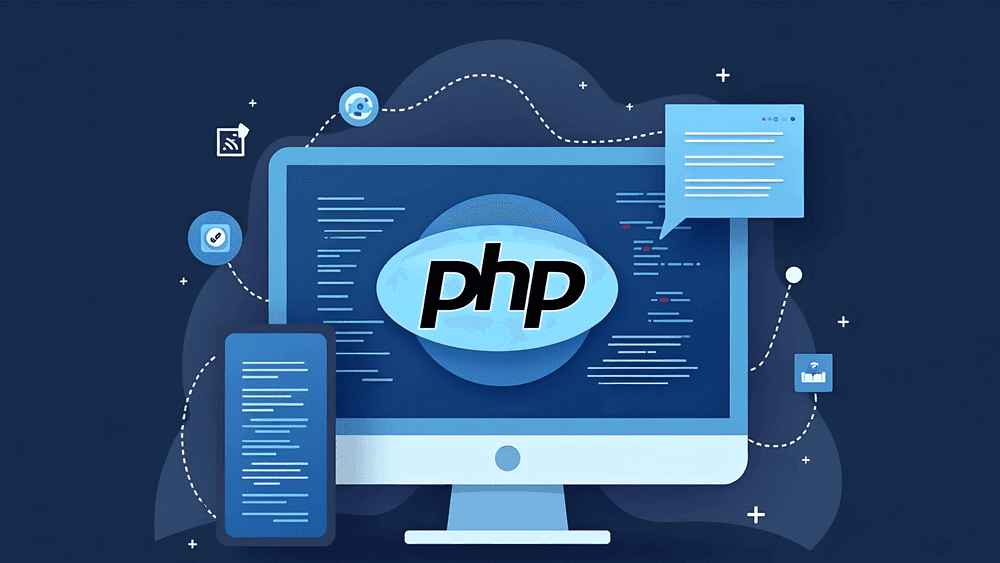Hello Techie,
The development around the world is taking place at a very rapid pace and manually managing the workflow, or any pertinent jobs is now becoming a thing of the past. Right? In today’s fast-paced developing world, managing changes to your code while ensuring that there shouldn’t be any deviation, and everything runs smoothly can feel like juggling flaming swords. Enter Version Control—the captivating tool that allows you to administer and track changes to your codebase. And it's like having a superhero sidekick when mingled with CI/CD (Continuous Integration/Continuous Deployment) pipelines that never let anything slip through the cracks. You’ve just unlocked next-level power If you’re deploying to the cloud—specifically, a private cloud compute ecosystem—private cloud compute environments are on the rise, and it’s time to discover how these tools intermingle with each other to make magic happen.
Let’s dive into this techy adventure and understand how version control, CI/CD, and cloud computing combine forces for a smooth, automated workflow!
What is Version Control
Version control systems (VCS), also well-known as source code management (SCM) systems, allow you to maintain track of every amendment to your codebase. You can check every edit, addition or deletion, made by whom and when. Version Control is an indispensable tool for modern software development. It allows multiple people to work on the same files at different locations and merge their updates, making it simpler to manage versions and releases, while keeping everyone on the same page regarding the visibility of changes.

Why Version Control Matters for CI/CD
For developers, who are working in cloud computing environments, Version control systems (VCS) like Git are the bread and butter. Developing an app usually needs frequent updates, new features, or bug fixes. Without a VCS, chaos could ensue if you are stuck manually keeping track of every little change and when multiple developers are working on the same codebase. Version control helps in making collaboration as smooth as butter because all changes are documented, tracked, and reversible.
Now, you’ve got an automated system when you pair it with CI/CD pipelines, that detects changes in your codebase and runs tests, builds, and even deploys the code to the cloud.
The beauty here? Before it goes live, every change is tested in a sandboxed environment. This is where your CPU cycles play an important role tirelessly to run all those tests in the background. Isn’t it a bit soothing to learn that even when you’re sipping your hot coffee, your private cloud compute is doing the heavy lifting?

How Version Control Works with CI/CD in the Cloud
Things get interesting, especially in private cloud compute environments when you’re using CI/CD pipelines in a cloud setting. Here’s how version control mingles into this activity:
- Collaboration Made Easy
01.
Simultaneously multiple developers can work on diverse parts of the same project and every change is tracked by Version control ensuring no one’s code overwrites another’s. It seems like having a virtual referee inspecting every move.
- Automated Testing and Integration
02.
The CI part kicks in as soon as code changes are pushed to the repository. New changes are automatically tested against the existing code. Integration is done if the tests pass, and if not, you’ll get to know exactly where things went wrong. A foolproof mechanism for your CPU to concentrate on what truly matters—efficiency.
- Seamless Deployment
03.
The code is ready to be deployed after testing. The updated code is pushed to the cloud infrastructure with the help of a CD pipeline. Irrespective of whether you’re using public cloud for scalability or private cloud compute for security reasons, version control ensures that only the tested and approved code goes live.

Key Benefits of Version Control in CI/CD for Cloud Computing
- Consistency & Reliability
01.
- : Before deployment, every code change is tested so you can rest assured that your cloud application will work on expected lines. Version control makes sure that all versions of your code are effortlessly accessible and organized.
- Enhanced Collaboration
02.
- : Teams collaborate with each other without worrying about stepping on each other’s toes. Changes are listed and tracked, so everyone is on the same page that who did what, when, and why.
- Faster Development Cycles:
03.
- Automated processes allow quicker and more recurrent updates, leading to a more rapid turnaround for features and bug fixes. Numerous tasks at lightning speed are processed by the CPU which does heavy lifting by keeping the team moving forward.

Why Private Cloud Compute?
The enterprise, which has privacy and security concerns is of paramount importance, private cloud compute suits them well due to a controlled environment to deploy CI/CD pipelines. Version control fits impeccably into this, ensuring that all deviations are tested before they enter secure infrastructure. From the CPU to data storage, private cloud compute gives you complete control over your resources, unlike public cloud environments.
Plus, the scalability of cloud computing makes sure that as the development team expands, the codebase grows, so cloud infrastructure scales up with you—without sacrificing performance.
Fun Side- Version Control Saves the Day!
Visualize this—a major feature update has just been deployed, but something goes exceptionally wrong. Users are noticing bugs everywhere! Panic sets in. But chill- don’t worry! Version control is there to support your back. Just roll back to a previous, stable version of your code, and voila! Crisis avoided. It’s like having an “undo” button for real life!
Conclusion
Version control creates a seamless, efficient development and deployment process when it is paired with CI/CD pipelinesin cloud computing. Version control acts as the glue that holds CI/CD pipelines together in the ever-growing landscape of cloud computing. It ensures that every line of code is accounted for, making automated deployments a breeze. Version control keeps your code safe, organized, and ready for action whether you’re pushing code to a private cloud computeusing the scalability of public cloud platforms.
So, embrace version control, set up your CI/CD pipelines, and let the cloud do the remaining tasks. Your dev life has just got a whole lot easier like icing on the cake—and more fun!







